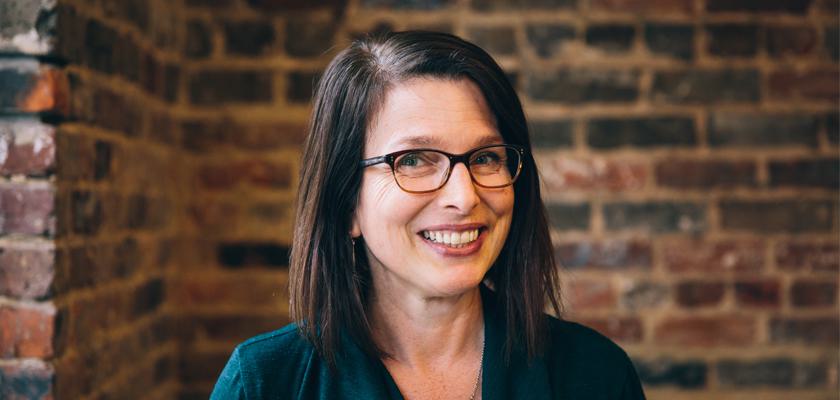It’s an election year and there are many state positions up for grabs, including the Public Service Commission (PSC). So, what is the PSC? What does it primarily do? And why on earth are we voting for someone to fill a seat on it?
Let’s be honest, if you vote regularly and pay attention to the ballots, these questions had to arise in your mind at some point or another. They certainly did in mine. Fortunately, I recently ran across a member of the PSC who was eager and willing to explain the finer points of what this group does.
Full disclosure: Jeremy Oden was out among the public and talking to me as part of his campaign efforts. Oden is seeking to return to the PSC for Place 1 this November for a third term.
“One of the confusing things is exactly what do we do at the Public Service Commission. I get that question a lot,” Oden said at the start.
Oden explained that in the past, the commission used to regulate AT&T, and served as the railroad commission. Those duties have since been migrated over to federal control. Members of the PSC now serve as safety regulators regarding the placement of gas pipelines, train rails, the movement of household goods on roads, passenger transportation like bus or taxi companies, and the regulation of the two of the largest corporations in the state - Alabama Power and Spire Gas.
“We do regulate every aspect of their business, except the wholesale side," Oden told me. "Everything that has to do with the retail side, we [control], and we monitor them on a daily basis."
What is the goal of all this monitoring?
“It’s all about the energy sector,” said Oden. “Every state has some sort of utility commission which determines which energy sources are allowed into the state, be it nuclear, wind, solar, coal, gas, etc. In Alabama, the PSC takes a step back and allows the company a little bit of freedom in these choices and what mix of obtaining energy they want. We just ask that they give us the cheapest, most reliable and most sincere use of energy to Alabamians. One thing we are not going to do as a conservative state is subsidize energy, including solar, wind and coal. We look at the generation of the power and how it affects the ratepayer in the least way that it can, both economically and reliably. Everyone wants to go over to that light switch and have it reliably come on and for the cheapest rate possible.”
When it comes to the issue of solar panels being an option for homes to supplement their energy, Oden said he is currently in litigation over the issue and can only speak in general terms.
He said that in other states these rooftop solar panels are often highly subsidized through the federal government, states or companies. The socialization of that energy becomes very apparent over time. One person may save money off of having a solar panel but their neighbor who does not will still be forced to pay for the other person’s system. Oden says that as a member of the PSC, he is not in favor of that type of scenario.
When it comes to states that have taken different routes in their energy sources and systems, what states have informed the PSC in Alabama how NOT to move forward? Oden says that California and Colorado have really had their energy grid affected by new energy choices and are currently experiencing blackouts and intermittent energy. Texas has also become dependent on wind energy for their grid, and when a storm came through recently and froze the windmills, cutting off the systems, the residents went for six to seven days in freezing weather without power.
What the PSC is also seeing happen in the northeast states is the removal of nuclear and coal plants and replacement of those systems with alternatives. New York is unwilling to drill or place pipes to expand its natural gas sources. Oden points out that the backbone of reliable energy is coal, nuclear, or natural gas so this narrows down their options on reliable energy.
Oden said, "They are crippling themselves when it comes to their power structure and setting themselves into a very pinpointed, small avenue of reliable energy.”
Oden points out that Alabama is not seeing these types of problems with intermittent energy because the PSC has not allowed the intermittent sources to be so powerful in the state that they dictate the reliability of the energy systems.
When it comes to the energy grid safety overall, Oden is confident that the southern systems in Alabama, Georgia, Mississippi and Tennessee are actively ensuring that a hijacking or digital break is not possible.
“They are very, very secure,” said Oden. “They are above military-grade secure. We put out a lot of protections and redundancies there because the system is attacked a million times a day. If the hackers find one little pinhole, they are like ants to sugar. They are all going to hit that one pinhole to get in, and that is what we are concerned with, but we do have one of the top systems in the country.”
1819 News welcomes hearing from candidates for political office. Contact us at news@1819News.com










